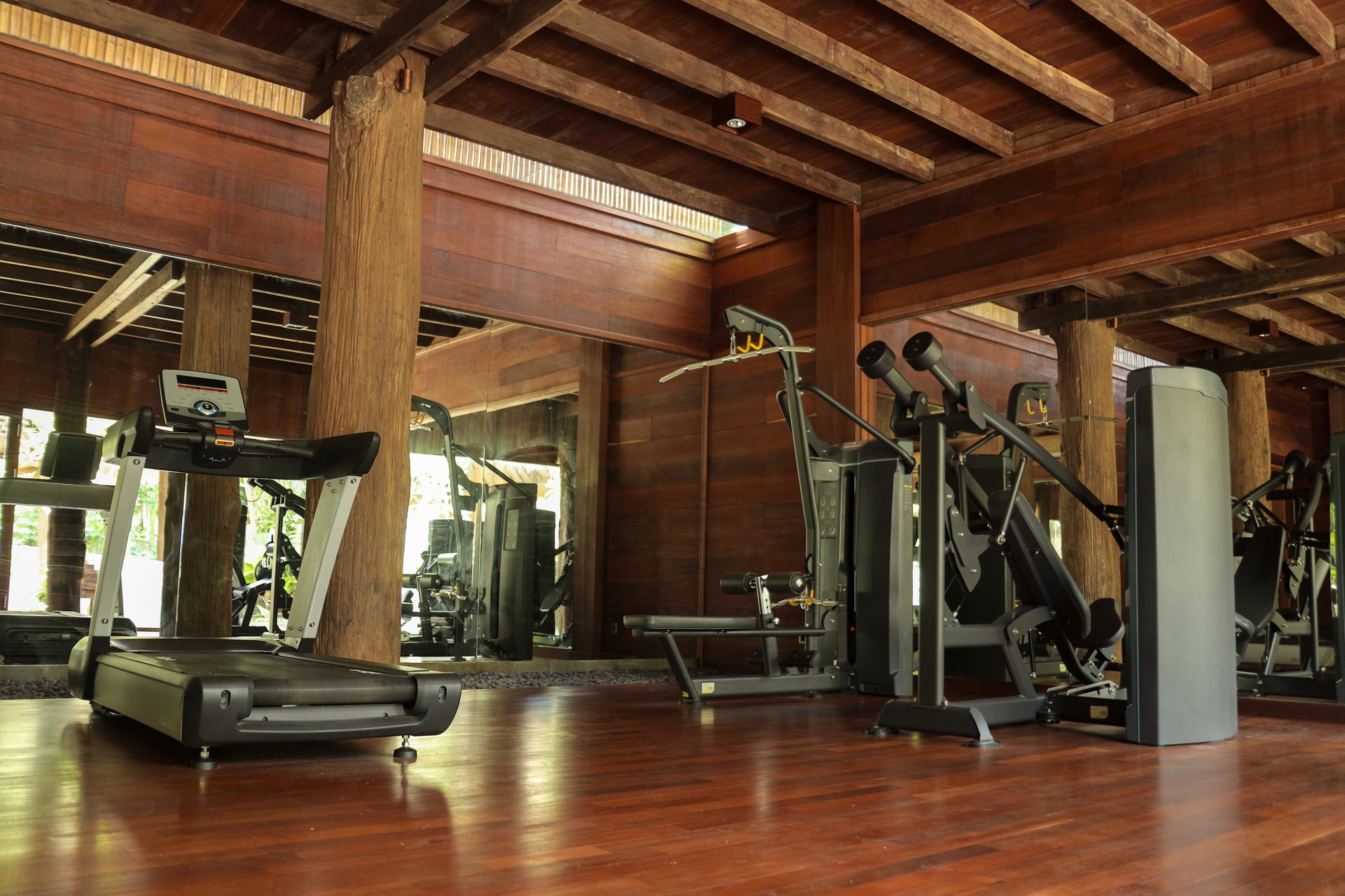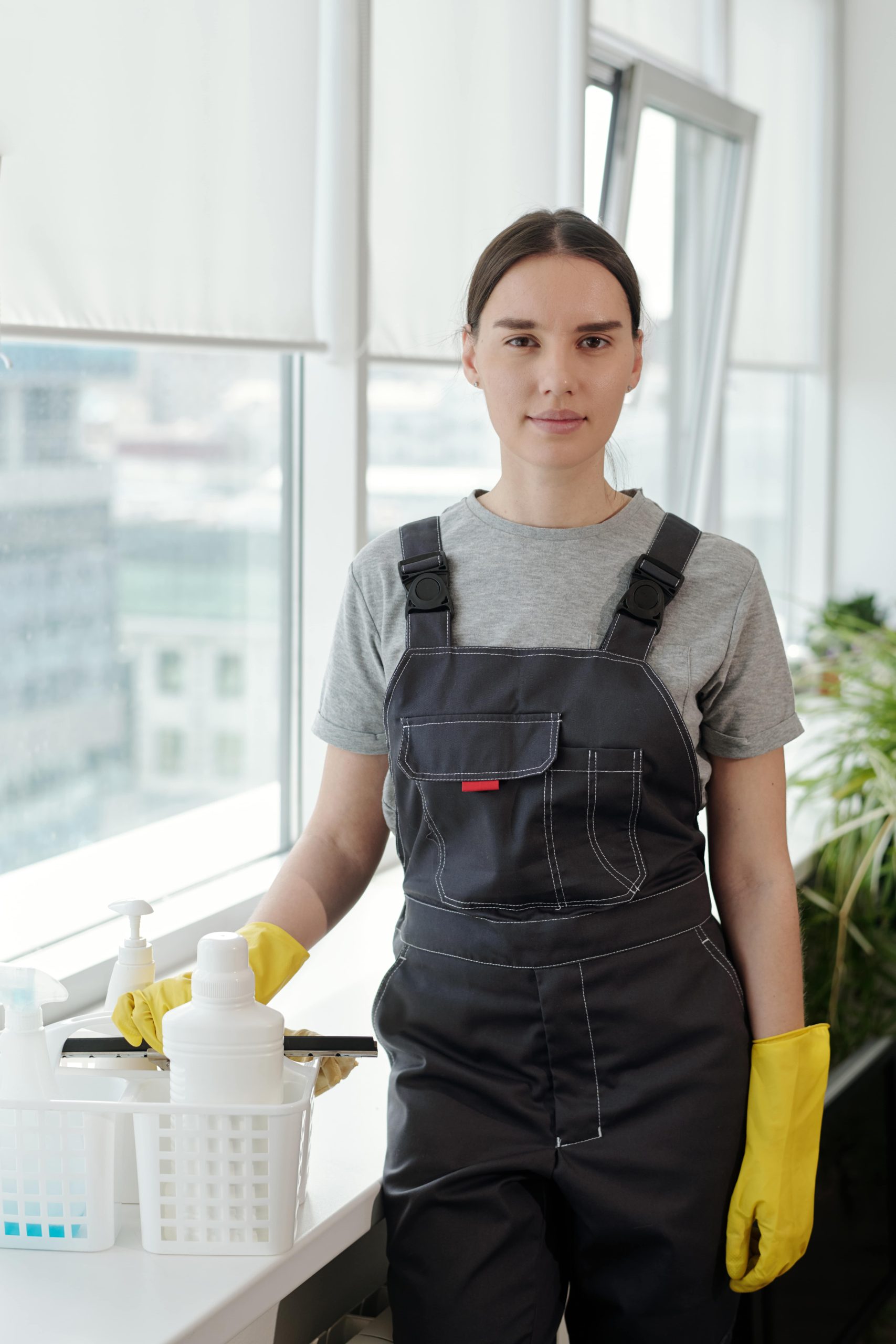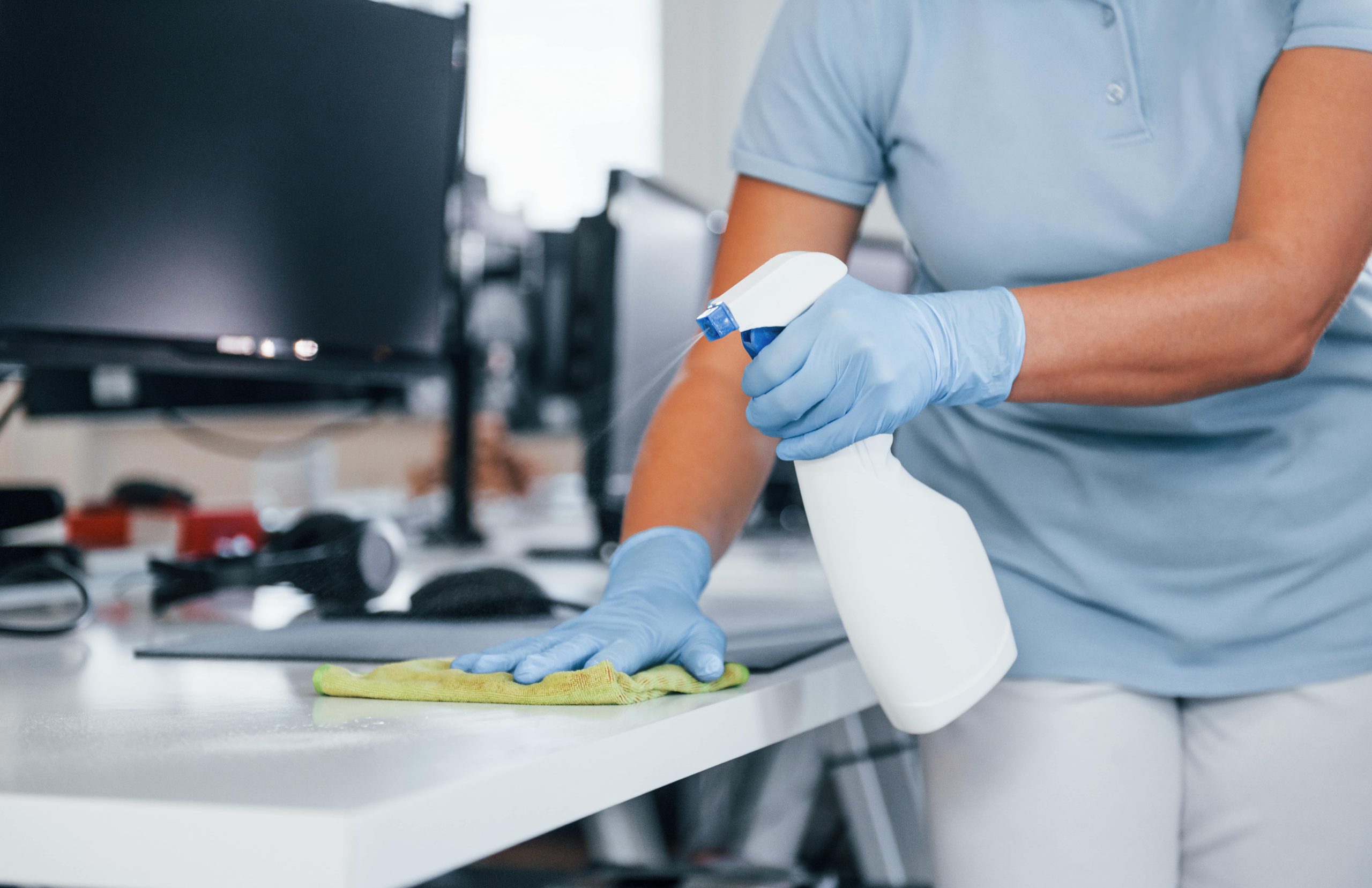How to Create a Commercial Cleaning Plan That Fits Your Business
Maintaining a clean and healthy workspace isn't just a matter of image. It's a key strategy for protecting employee health, improving productivity, and reflecting your brand's professionalism. However, not all businesses require the same type of cleaning or the same frequency. Designing a commercial cleaning plan tailored to your company will help you optimize resources and keep your space spotless year-round. Below, we share a practical, step-by-step guide to creating a truly effective cleaning plan, specifically designed for businesses in the DMV area. Steps for a good commercial cleaning plan Step 1: Analyze Your Business' Needs Each space has a different flow of people, schedules, and demands. A gym or daycare, for example, requires constant disinfection due to physical contact and the presence of children, while an office may focus more on cleaning desks, carpets, and shared bathrooms. Conduct a brief initial assessment: How many people use the space daily? Which areas get dirty most frequently? Are there high-touch surfaces (doors, keyboards, machines, toys)? Are there special requirements, such as eco-friendly products or medical disinfection? Answering these questions is key to establishing priorities and avoiding inefficient or ineffective cleaning. Step 2: Define the Appropriate Frequency A successful plan combines different levels of cleaning depending on the needs of the space. These are the three main categories: Daily Cleaning Includes basic tasks to maintain order and general hygiene: Trash and recycling collection. Cleaning bathrooms, desks, and floors. Disinfecting high-touch surfaces. Replenishing supplies (soap, paper, towels). Ideal for: Offices, banks, and daycare centers where there is a constant flow of people. Weekly Cleaning Allows you to maintain a professional presentation without neglecting details: Deeper cleaning of floors, glass, and carpets. Inspect hard-to-reach areas. Cleaning of equipment, appliances, or heavy furniture. Ideal for: gyms, car dealerships, and apartment complexes. Deep Cleaning Performed monthly or quarterly to remove accumulated dirt: Complete disinfection of bathrooms, kitchens, and common areas. Washing of carpets, curtains, and upholstery. Cleaning of ducts, ventilation, and ceilings. Ideal for: All types of businesses looking to maintain high hygiene standards and extend the life of their facilities. Step 3: Adapt the plan to your type of business Not all environments have the same requirements. Here are some examples of adjustments you can implement: Offices: Prioritize cleaning desks, keyboards, carpets, and bathrooms. Visual presentation is key for customers and employees. Gyms: Focus on disinfecting machines, non-slip floors, and locker rooms. Cleanliness here directly impacts customer confidence. Daycares: Use eco-friendly and child-safe products. Pay attention to toys, floors, and common areas. Banks or financial institutions: Emphasize cleaning of windows, customer service areas, and ATMs. Medical offices: Require more rigorous disinfection and contaminant control protocols. Adapting the plan not only improves cleaning effectiveness but also avoids unnecessary expenses in areas that don't require it as frequently. Step 4: Plan schedules without interrupting operations A common mistake is scheduling cleaning during busy times, which can inconvenience staff or customers. The solution is to create a schedule that integrates with your business routine: Daily cleaning: before or after business hours. Deep cleaning: on weekends or during scheduled closures. Maintenance tasks: during lower-traffic periods. A professional cleaning service can coordinate evening or early morning shifts so your space is always ready for the day's start. Step 5: Evaluate and Adjust Periodically As your business evolves, so should your cleaning plan. Evaluate your results monthly and adjust the frequency or services as needed. A reliable provider will offer follow-up and flexibility to adapt to changes in staff, schedules, or customer volume. A well-designed commercial cleaning plan is an investment that translates into well-being, a professional image, and long-term savings. By understanding your business's specific needs and working with specialists, you can maintain a spotless, safe, and healthy environment without disrupting your operations. At USA Commercial Cleaning Services LLC, we help businesses throughout the DMV create a customized commercial cleaning plan based on their business type, budget, and schedule. We use eco-friendly products, certified protocols, and over 50 years of combined experience to ensure impeccable results. Ready to optimize your business's cleaning? Visit www.asucleaning.com or contact us to request a personalized quote.
Read More








